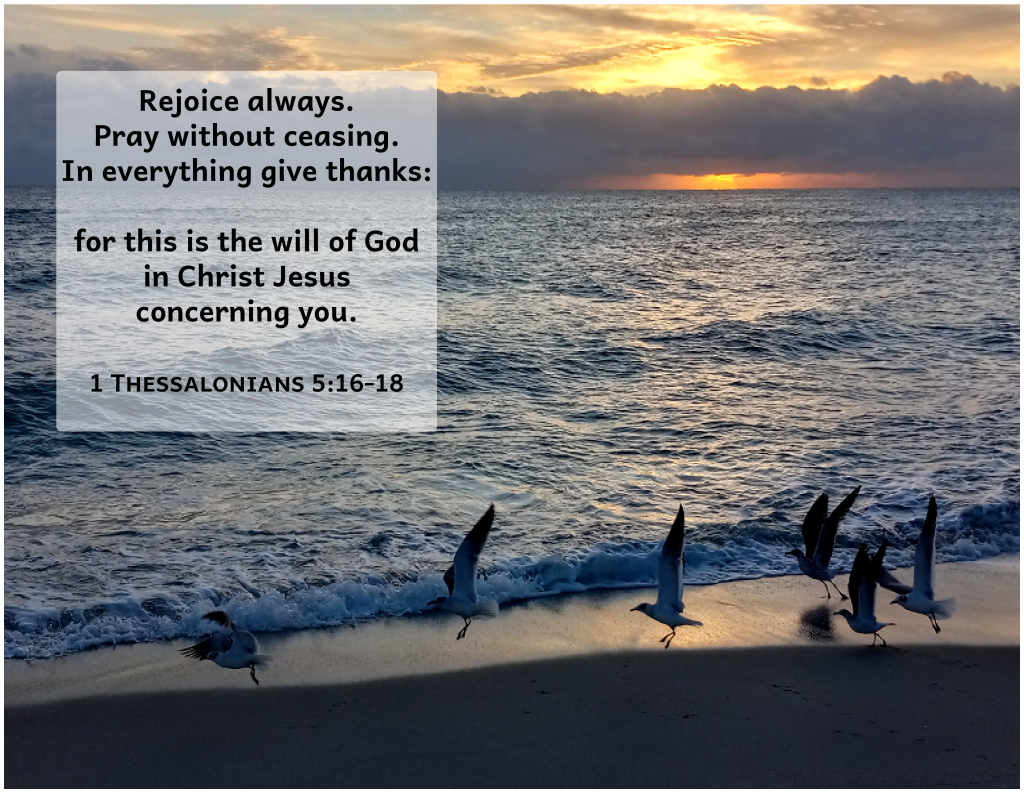Although Jeremy and his wife, Martha, welcomed everyone to the warehouse they converted into a chapel, there were signs telling newcomers before they entered to first write the names of any demons they planned on keeping outside on the wall of the building facing the street. Martha waited by the wall for any who were foolish enough to want to keep a demon.
Those who slipped past Martha ran into Jeremy wearing a T-shirt that read: I specialize in scaring the HELL out of stuff. When he asked them if they’d like to get rid of their demons they didn’t completely understand what they were being asked to do, but to be polite and figuring they didn’t have any demons, except maybe little ones, said, “Sure, Pastor, go for it.”
So, in the name of Jesus and in a loud voice, Jeremy rebuked in detail god-awful lists of demonic addictions and disabling stupidities that burned convicting blushes on their cheeks. He then said, “Your demons are gone and you’ve been forgiven for the time you’ve wasted playing games with them, but it’s up to you to decide whether you’ll run after them or stay here to rejoice with thanksgiving.”
______
Denise offers the prompt word “game” to be used in this week’s Six Sentence Stories.
Revelation 21:27
And there shall in no wise enter into it any thing that defileth, neither whatsoever worketh abomination, or maketh a lie: but they which are written in the Lamb’s book of life.











